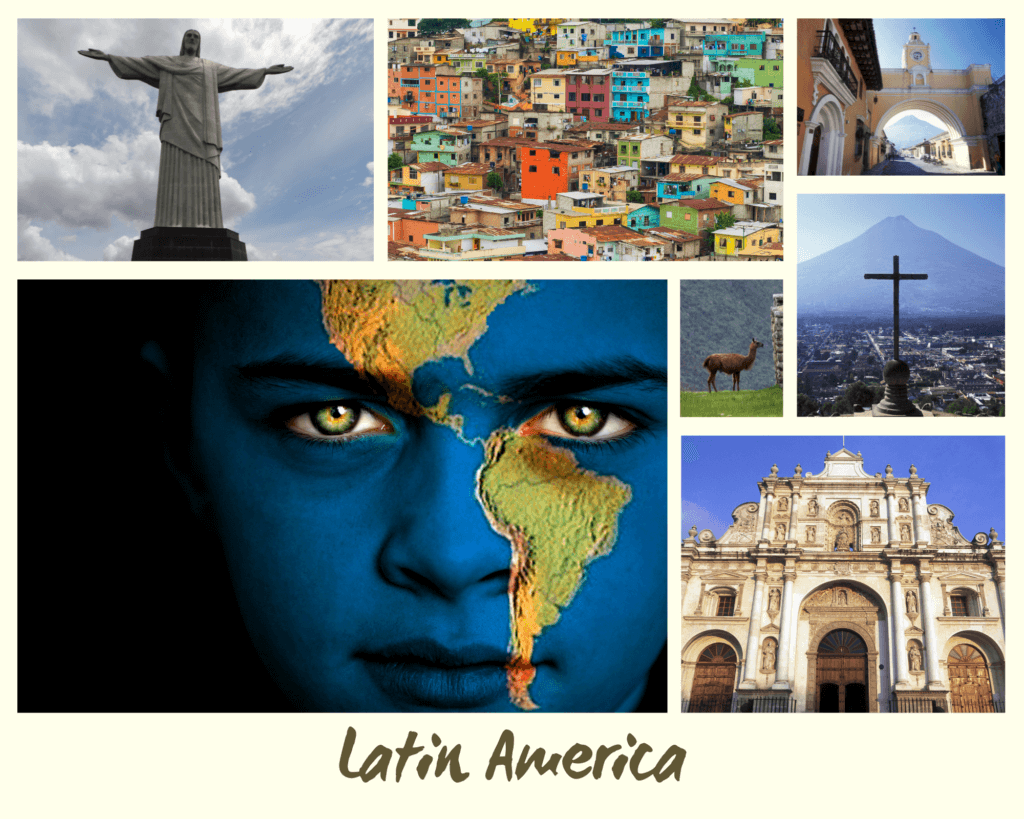Why Japan decided to withdraw from the International Whaling Commission (IWC)?
What is IWC?
International Whaling Commission (IWC)
The commission, with 89 member governments, was established in 1946 to conserve whales and manage whaling around the world. It banned commercial whaling in 1986.
Why Japan Left?
Reasons for Withdrawal
To resume commercial whale hunting in the year (2019)
Tokyo argued that the IWC has failed to live up to its initial dual mandate in 1946 to find a balance between preserving whale stocks and allowing the “orderly development” of the whaling industry.
Pressure from local fishermen to restart commercial whaling.
For decades Japan has aggressively pursued a well-funded whaling campaign to upend the global ban on commercial whaling.
It has consistently failed but instead of accepting that most nations no longer want to hunt whales, it has now simply walked out. Exemption in the IWC’s banning.
Under the ban, whaling for scientific purposes—biologists studying reproductive status, stomach contents, and effects of environmental change, for example—is exempt.
Japan has long been accused of using that exemption as a cover, with whalers supplying some body parts to researchers and selling the rest of the meat for human consumption.
How this decision will impact Japan?
As a result of this development, Japan will stop taking whales from the Antarctic Ocean and Southern Hemisphere. Where it has been killing whales ostensibly for scientific research — and will conduct commercial whaling “within Japan’s territorial sea and its exclusive economic zone.
Japan can no longer take advantage of the IWC’s exemption for scientific whaling in international waters and would therefore have to halt whaling on the high seas
The one benefit Japan gets by withdrawing is it could likely resume whaling in its own backyard without oversight.
Japan Whales Hunting
Whale Market in Japan
Although Japan is the main market for whale meat. But the consumption there is limited—about an ounce per person per year, or about 4,000 to 5,000 tons.
Whale meat was a vital source of p
rotein in Japan as it recovered from the ravages of World War II but is much less popular these days. Yet the government argues that it is part of Japan’s traditional culture, dating back centuries.
Japan’s withdrawal would primarily be a political move, sending the message that the country can use the oceans as they please
Past history of Japan in whale Hunting
After the ban on commercial whaling in 1986, Japan, Iceland and Norway have continued to hunt whales.
Japan has justified its annual Antarctic whale hunt in the name of “scientific whaling” exploiting a loophole to kill over 17,000 whales, which it says is necessary to evaluate global populations of whale species.
That argument was rejected in 2014 by the International Court of Justice, which ruled that Japan’s Antarctic hunt had no scientific basis.
In October, 2018 the Convention on International Trade in Endangered Species also struck a blow against Japan’s whaling industry, deciding that Japan had broken its rules by taking sei whale meat from international waters — again under the guise of research — and selling it commercially in Japan. Which ruled in 2014 that Japan’s “scientific research” program was illegal. Japan responded by denouncing the ICJ’s jurisdiction (claiming the UN World Court doesn’t have jurisdiction over global ocean resources) and revamping its scientific whaling program.
Impact on IWC
By Japan withdrawing from the commission, it will face no formal consequences, but other countries could take matters into their own hands and impose sanctions—for example, by denying Japan access to fishing in their waters.
It also means that Japan would no longer be a part of the international dialogue on whaling.
Its withdrawal may inspire other countries, such as South Korea and Russia, to follow suit.





